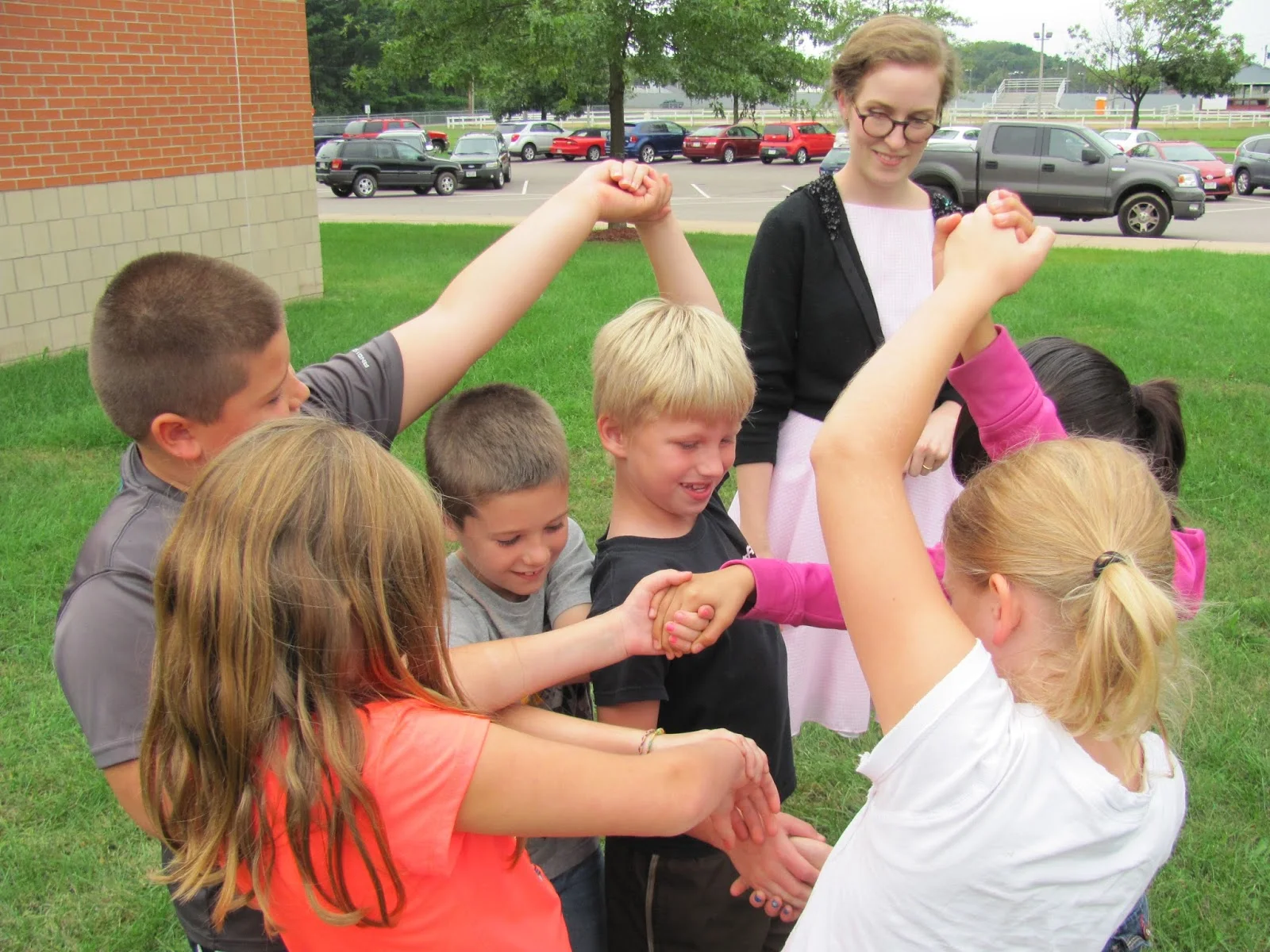mindfulness
Please enjoy our latest video about the Mindful Place at UW-Stout!
Pre-service teachers at UW-Stout learn and practice mindfulness in core courses.
Mindfulness is an important part of A.I.M. in supporting the well-being of teachers and students. Research has shown that the practice of mindfulness enhances many factors important in teaching including attention, working memory, emotional awareness and regulation, and interpersonal relationships. Being fully present in the classroom and aware of our moment-to-moment experience allows us to connect with students, parents, and co-workers in a way that supports learning, development, and community. Also, mindfulness practice supports teacher well-being through increased experience of positive emotions, better physical and emotional health, and increased ability to cope with the stressors present in today's educational climate.
a.i.m. promotes mindfulness practice in pre-service teacher education to:
1) Support pre-service teachers in managing the stressors associated with a teacher preparation program.
2) Educate pre-service teachers about mindfulness for both personal and classroom use.
Pre-service teachers in Early Childhood Education and Art Education programs at UW-Stout learn and practice mindfulness as part of their coursework in core courses.
A teacher’s ability to teach (similar to a child’s ability to learn) is directly linked to his/her overall state of well-being and mental health. Mindfulness equips educators, students, and parents with social and emotional literacy skills, helping them increase focus, improve academic performance, reduce stress, and gain emotional resilience and optimism. Rooted in neuroscience, AIM’s mindfulness curriculum teaches self-regulatory behavioral control while offering engagement strategies for learning and living (http://thehawnfoundation.org).
A.I.M.’s Mindfulness Specialist, Ann Brand, PhD
Teachers are the heart of education.
The best tool that teachers have to reach students and support them in learning and development is themselves. Yet, teachers often put caring for themselves behind the needs of others-students, parents, colleagues, family. When we are not nourishing ourselves, we are not bringing all of our gifts to the table. Just as the flight attendants tell us at the beginning of the flight, in case of emergency, put on your own oxygen mask before assisting others. In order to care for others, we must care for ourselves.
Self-care is more important in education now than ever before.
With increased accountability, standardized testing, and increasing student social-emotional needs, teachers are being asked to do more with fewer resources. Teachers can experience chronic overload of their emotional, physical and mental resources, leading to burnout, disillusionment, and exhaustion. Finding the joy in teaching can be a struggle without resources to cope with these stressors.
RESEARCHING MINDFULNESS WITH PRE-SERVICE TEACHERS
Researching mindfulness use by pre-service teachers in Early Childhood Education and Art Education programs at UW-Stout revealed:
- Over 90% intend to use mindfulness in the future for their personal use and classroom use.
- Approximately 90% intend to use mindfulness in the future for classroom use.
In its first few years of implementation, AIM tested the feasibility of a Brief Mindfulness Curriculum for Pre-Service Teachers. Data on mindfulness, perceived stressors, personal mindfulness practice, and classroom mindfulness practice was collected using pre-test/post-test survey data, and qualitatively-oriented questions. Altogether, we found that mindfulness is useful for introducing pre-service teachers to the practice of mindfulness for personal benefit and for use in the classroom with students.
For more information on mindfulness, contact A.I.M.'s Mindfulness Specialist Ann Brand at branda@uwstout.edu.
Brand, A. E., Weiss, T., … (March, 2018). Feasibility of a brief mindfulness curriculum for pre-service teachers in art education and early childhood education.
Poster presented at The Contemplative Practices for 21st Century Higher Education conference, Chapel Hill, NC, United States.




